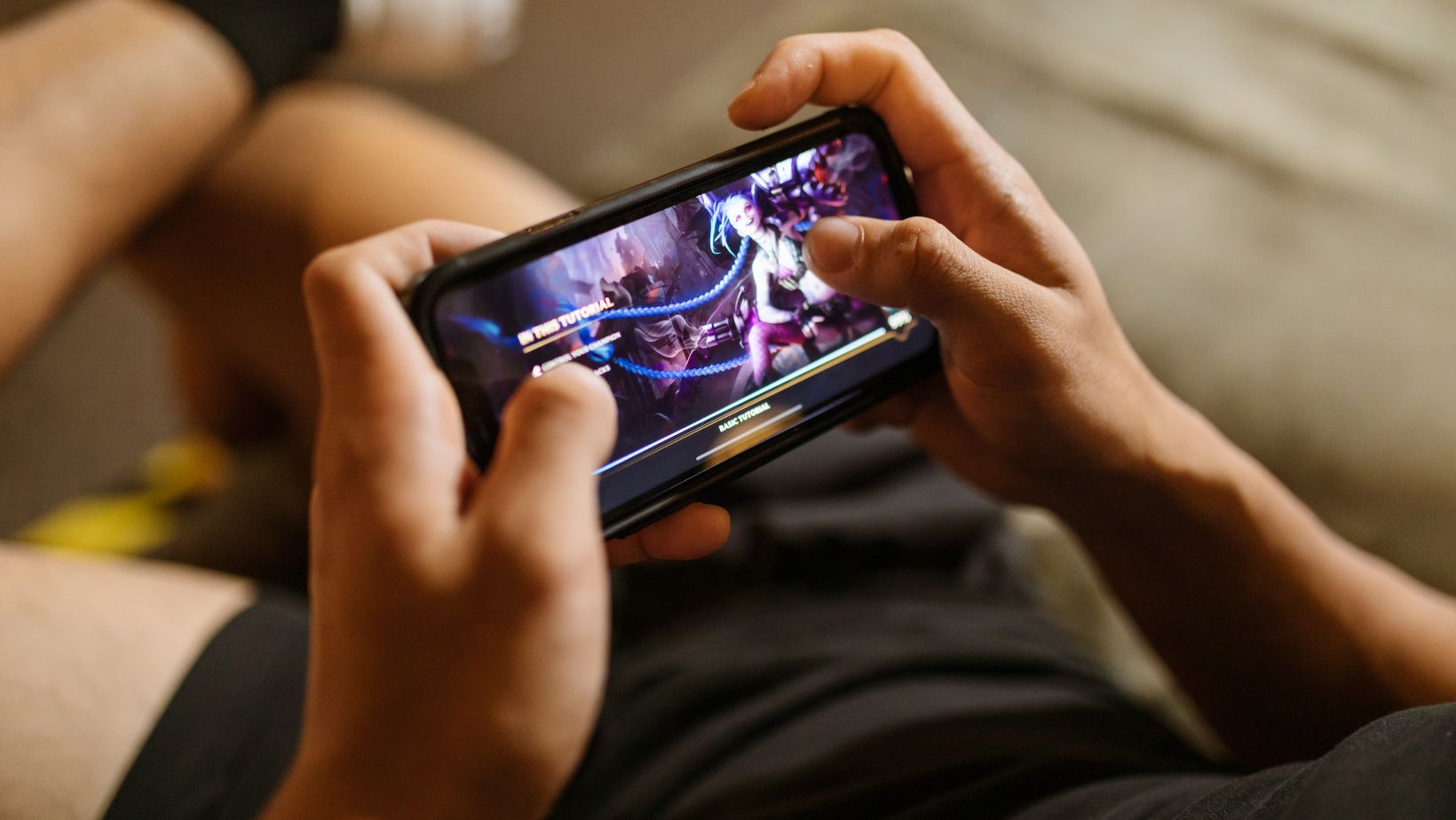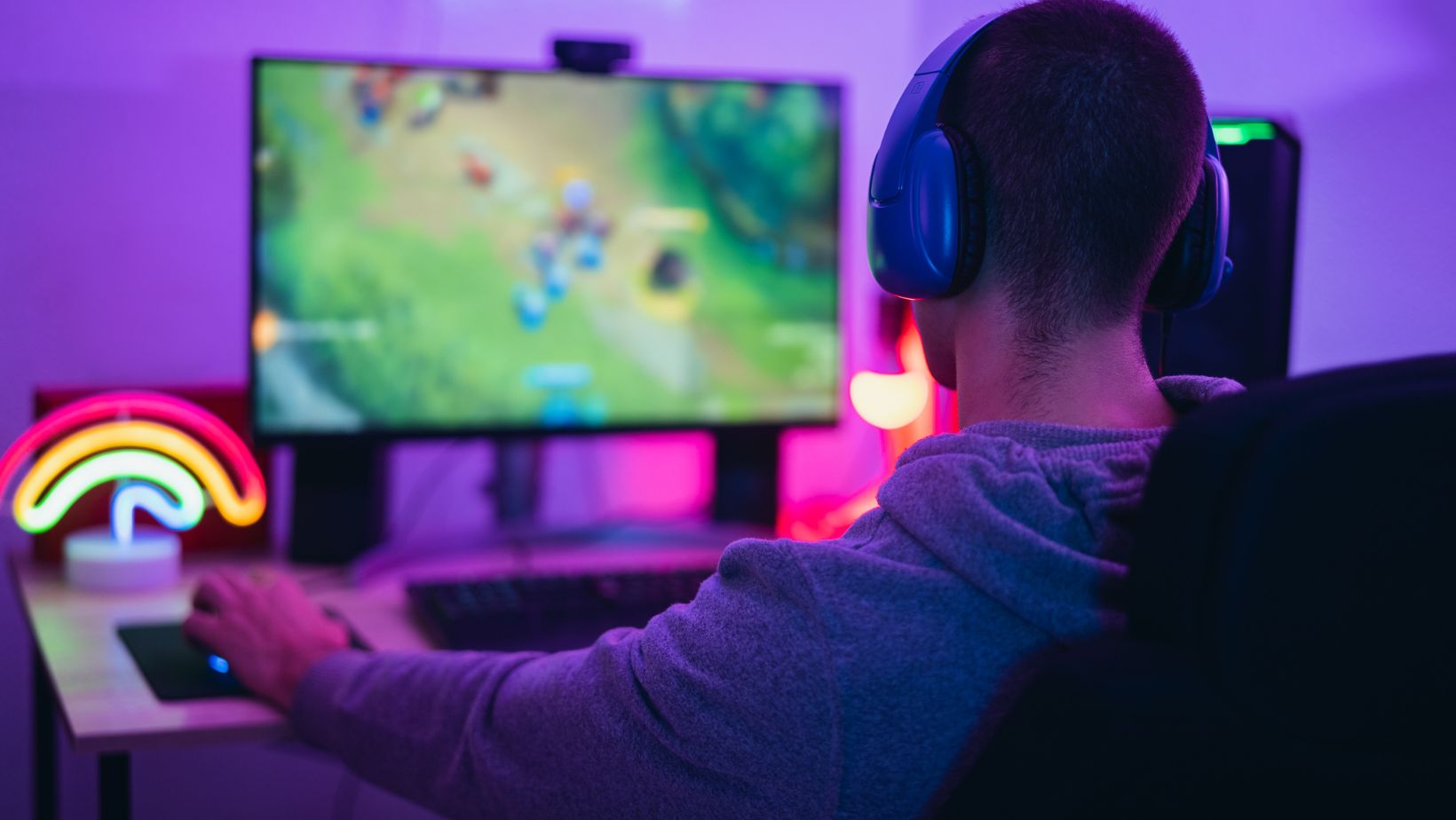
With the active development of the online gaming and esports market, many bookmakers are accepting bets on such competitions. If you are well versed in the gaming industry, you can download Android ilovasi from Mostbet, which offers good betting conditions, including a large esports section.
Loss of Ownership Rights to Video Games
Ross Scott, head of Accursed Farms, released a 31-minute video addressing the issue and explaining how drawing attention to the closure of The Crew on April 1 could urge governments to tighten consumer protection laws when purchasing online games. As shown in the video, existing laws vary greatly between countries. However, in France, where Ubisoft is based, strict consumer protection norms apply.
“It’s not about The Crew or even Ubisoft,” says Scott. “We are looking for a weak link in the industry to get authorities to examine this practice and prevent publishers from destroying our games.”
According to remote data, The Crew had more than 12 million players before its closure in December. This means that millions of people bought a game they can no longer play – a common practice for major online projects. Scott assumes that players rarely take collective action because most have already left by the time the shutdown is announced. Therefore, he initiated the Stop Killing Games initiative aimed at rallying concerned gamers and urging local authorities to investigate the situation with The Crew, which could lead to more significant changes.
Coordination of Actions Against Game Shutdowns
The Stop Killing Games website provides step-by-step instructions for different countries on how to support the cause by contacting government representatives or spreading information. However, actions for France and Australia are marked as top priority, as the effect depends on local consumer rights laws and the fact of purchasing The Crew.

“Asking people to wait two weeks before taking the next step could undermine our momentum,” Scott fears. “Perhaps that’s why the gaming industry has been able to avoid punishment for so long. Because no one could focus on the second step. Although some of you may be able to do it.”
The ultimate goal of the initiative is to achieve the adoption of laws ensuring that:
- Sold games must remain functional.
- Sold games should not require connection to the publisher to operate.
- The same goes for games with microtransactions.
- Licensing agreement terms cannot override these provisions.

The ideal outcome, according to Scott, is when after the game’s support is discontinued, it runs on servers hosted by players, not publishers. This would avoid the main reason for shutdowns – companies’ unwillingness to pay for server maintenance for old games that no longer generate revenue. Although the feasibility of these goals is unclear, Scott hopes that the attempt will at least dispel the clouds of uncertainty about game ownership.
“Imagine how nice it would be to know that all your games are safe, and you only need to worry about whether you like the game or not,” Scott dreams. “This is my vision of the future of games, slightly different from the current industry. And if we lose, they’ll tell us straight away that in a democracy, you can never own the games you pay for, regardless of people’s desires. I think it will be a lesson in citizenship.”















